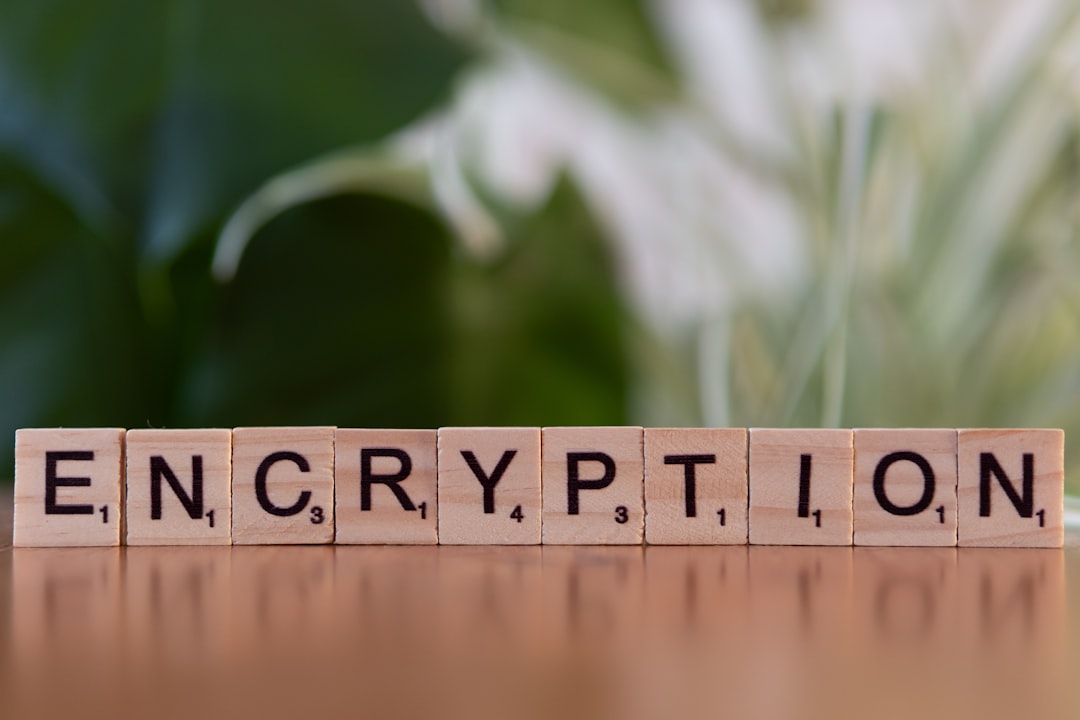
Unlocking Security Decryption and Tokenization in Digital Domains
In today’s digital landscape, the need for robust security measures has never been more critical. As cyber threats continue to evolve, organizations must adopt advanced techniques such as decryption and tokenization to safeguard sensitive data. This article explores the significance of unlocking security decryption and tokenization in digital domains, highlighting current trends, practical applications, and expert insights.
Understanding Decryption and Tokenization
What is Decryption?
Decryption is the process of converting encrypted data back into its original format, allowing authorized users to access and utilize the information. This technique is essential for maintaining data confidentiality and integrity, particularly when sensitive information is transmitted over networks.
What is Tokenization?
Tokenization, on the other hand, replaces sensitive data with unique identifiers called tokens. These tokens can be used in place of the original data but hold no intrinsic value. This approach minimizes the risk of data breaches by ensuring that even if tokens are compromised, the actual sensitive data remains protected.
The Importance of Security in Digital Domains
With the increasing reliance on digital technologies, the volume of sensitive data being processed and stored has surged. Hackers are constantly seeking vulnerabilities to exploit, making it imperative for organizations to implement effective security measures.
Current Developments in Decryption and Tokenization
-
Artificial Intelligence and Machine Learning: These technologies are being integrated into decryption and tokenization processes, enhancing their effectiveness. AI algorithms can analyze patterns in data access and flag anomalies, while machine learning can optimize tokenization methods based on user behavior.
-
Regulatory Compliance: Stricter data protection regulations, such as GDPR and CCPA, have heightened the need for tokenization. Organizations must comply with these laws to avoid hefty fines and reputational damage, driving the adoption of tokenization solutions.
-
Cloud Security: As more businesses migrate to the cloud, the need for secure data handling practices is paramount. Tokenization offers a solution by allowing organizations to store sensitive data in secure environments without exposing themselves to potential breaches.
Practical Applications of Decryption and Tokenization
Case Study: Financial Services
In the financial sector, decryption and tokenization play a vital role in protecting customer information. For instance, banks use tokenization to secure credit card transactions. When a customer makes a purchase, their card details are replaced with a token, ensuring that sensitive information is never exposed during processing.
Case Study: Healthcare Industry
In healthcare, patient data privacy is critical. Hospitals and clinics use decryption and tokenization to protect electronic health records (EHR). By tokenizing personal health information, organizations can share data securely for research or analysis without jeopardizing patient confidentiality.
Expert Insights
According to Dr. Jane Smith, a cybersecurity expert, “Tokenization and decryption are no longer just optional security measures; they are essential components of any comprehensive data protection strategy.” Her insights highlight the urgency for organizations to adopt these technologies as part of their security frameworks.
Emerging Trends
Decentralized Tokenization
With the rise of blockchain technology, decentralized tokenization is gaining traction. This approach allows for the creation of tokens that are not confined to a single organization, promoting greater transparency and security.
Integration with IoT
The Internet of Things (IoT) is creating new challenges for data security. As IoT devices proliferate, the need for effective tokenization solutions that can handle vast amounts of data generated by these devices is critical.
Further Reading and Resources
- NIST Special Publication 800-111: Guide to Storage Encryption Technologies for End User Devices
- PCI Security Standards Council: Tokenization
- Cybersecurity and Infrastructure Security Agency: Best Practices for Data Protection
Conclusion
As organizations continue to navigate the complexities of the digital age, unlocking security decryption and tokenization will be paramount. By understanding and implementing these technologies, businesses can protect sensitive information, comply with regulations, and foster trust among their stakeholders.
Consider exploring the latest tools and solutions in decryption and tokenization to enhance your organization’s security posture. Keep informed about the evolving landscape of cybersecurity and share this article with peers to promote awareness and action in safeguarding digital domains.


